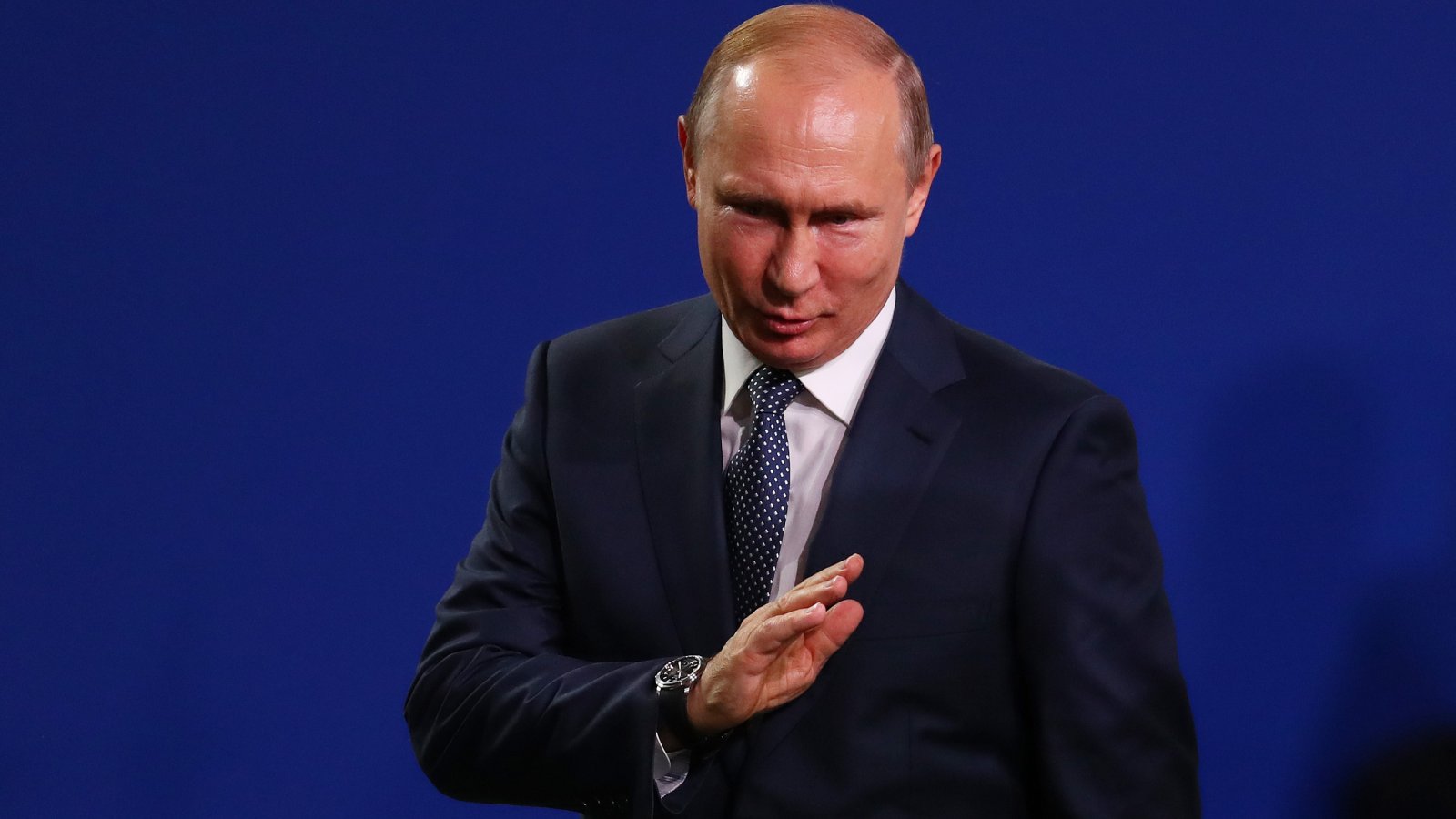
In an open hearing on the issue of Russian election interference, the Senate Intelligence Committee got the message from two former Obama officials Wednesday that the U.S. did not do enough in 2016 to deter Vladimir Putin and suffered from a lack of information sharing between the public and private sectors.
Victoria Nuland, a top State Department official dealing with Russia under Obama, told the Senate intelligence committee that Moscow seemed to have slowed its influence campaign after Obama made “a stern and personal warning” to Russian President Vladimir Putin in September 2016.
But she said the campaign seemed to accelerate during October, using social media platforms to spread false narratives as the Nov. 8 Election Day approached.
“I think it’s probably the case that the Russians expected deterrent measures and didn’t see them, and so felt they could keep pushing,” Nuland said.
(...)
Nuland and Michael Daniel, who was Obama’s cybersecurity coordinator, said U.S. agencies and technology companies did not share enough information to effectively combat foreign election hacking.
“We didn’t have sufficient integration of information to understand how their campaign was structured,” Nuland said.
(...)
Daniel said the administration was focused in 2016 on activity aimed at state and local election systems, and did not become fully aware until later of the extent of the foreign influence operations.
Daniel ... confirmed he was given a “stand-down” order in August 2016 on options developed by his office to actively counter Russian interference. He said the vetoed options remain classified and he would discuss them with the Intelligence panel behind closed doors.
Daniel said it wasn’t accurate that no actions were taken after that order, but the work of his team shifted to defensive activities, including developing election infrastructure with states and a contingency plan for election day.
In response to a question from Republican Senator Susan Collins of Maine, Daniel said he thinks it’s “highly likely” that the Russians at least scanned the electoral systems of all 50 U.S. states, not the smaller number confirmed publicly.
[Daniel] said his bosses at the NSC — he did not specifically mention [National Security Advisor Susan] Rice in his testimony — had concerns about “how many people were working on the options” so the “decision” from his superiors at the Obama White House was to “neck down the number of people that were involved in developing our ongoing response options.”
(...)
... [A]s for his work on developing cyber deterrence measures, “those actions were put on a back burner and that was not the focus of our activity during that time period.”
The hearing highlighted how Obama officials clearly struggled with how to manage national security concerns while in the midst of a highly charged national political contest.
Nuland said the Obama administration held back from a strong response for reasons including a reluctance to seem to be influencing the contest between the Republican Trump and Democrat Hillary Clinton, Obama’s former secretary of state.
“There was already by late July and early August accusations by candidate Trump that the election would be rigged. And I think there was a concern that if this wasn’t handled properly, any move publicly would be seen as President Obama playing into those accusations,” she said.
“They wanted to warn the Russians to stop interfering but avoid the appearance of putting their thumb on the scale in an election year,” [Senate Intelligence Chairman Richard] Burr (R-NC) said.
(...)
Senator Mark Warner, the committee’s top Democrat, said the Obama administration was clearly caught “flat-footed” by the Russian effort, but he also faulted Trump and his campaign and congressional leaders for not forcefully resisting the Russian efforts.
“We should not have been surprised,” Warner said of the interference efforts, given Russia’s earlier efforts in Ukraine, and its use of leaks as a political weapon.
Nuland and Daniel both said the threat of Russian election interference remains for this year's midterms and in 2020, and Senator Warner agreed we are not ready.
Going into the 2018 elections, he said, “We’re still behind the 8-ball.”
The Intelligence Committee also is not finished exploring the issue of what more could have been done in 2016.
Burr of North Carolina said the committee has invited others to testify at future hearings, including Obama’s former National Security Adviser Susan Rice and her deputies in a few weeks and Justice Department officials in July.
Meanwhile, the committee is “pretty close” to finishing its review of the U.S. intelligence community’s assessment that found the Kremlin meddled in the last presidential election to help put Donald Trump in the Oval Office, according to Burr, who along with Sen. Mark Warner, the panel’s top Democrat, endorsed the findings last month. He said the review would consist of a roughly 10-page unclassified summary and a classified annex. Burr wouldn’t say if there would be a public hearing related to the panel’s final report on the question of possible collusion between the Trump campaign and Russia. “That's far enough down the road that I can't answer you, but I anticipate to keep the same blueprint ... if we can have a public session, it will be public. If we need a public and a closed, we will do both,” he told reporters.
Open Hearing: Policy Response to Russian Interference in the 2016 U. S. Elections
Senate Intel hearing today could alter Russia investigation report (Politico)
Obama's lack of response may have emboldened Russia election meddling: former officials (Reuters)
Obama Criticized in Senate for Not Doing More on Russia Meddling (Bloomberg Politics)
Obama cyber chief confirms 'stand down' order against Russian cyberattacks in summer 2016 (Yahoo News)